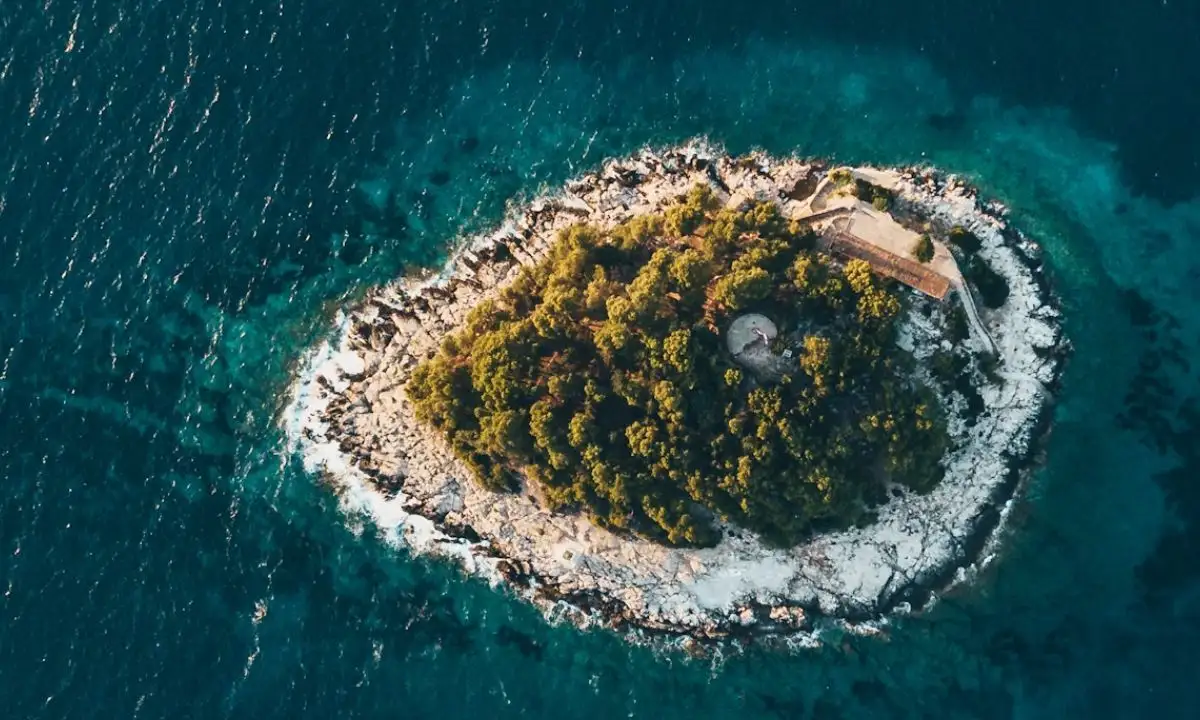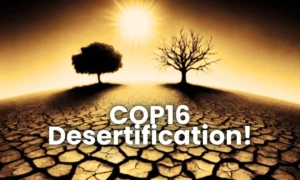COP16 Finalizes Framework for Ecologically or Biologically Significant Marine Areas (EBSAs)

Eight years of discussions finally entered the negotiation phase at COP16 in Colombia as negotiators agreed on a new mechanism to describe “Ecologically or Biologically Significant Marine Areas” (EBSAs).
The EBSAs mechanism and modeling structures have been eight years in the making. This adoption establishes a significant framework for identifying and protecting marine areas that are essential for the health of the ocean and the environment in general. The framework is based on scientific criteria and assessment.
According to the Convention of Biological Diversity,
“An EBSA is an area of the ocean that has special importance in terms of its ecological and/or biological characteristics, for example, as essential habitats, food sources or breeding grounds for particular species.”
Currently, there are over 300 areas in national and High Seas that fall into the category of EBSAs. These include areas of high biological diversity, productive ecosystems, and essential feeding and breeding sites for aquatic life.
Also Read: 7 Key Talking Points of COP16 – UN Biodiversity Conference in Colombia
EBSAs are ocean areas identified through a technical process as meeting one or more of the following seven scientific criteria:
- Uniqueness or rarity
- Special importance for life history stages of species
- Importance for threatened, endangered or declining species and/or habitats
- Vulnerability, fragility, sensitivity, or slow recovery
- Biological productivity
- Biological diversity
- Naturalness
This new framework would help in mapping and identifying these essential marine areas for the purpose of their conservation, protection, and management. This is a crucial step towards achieving the goal of protecting 30% of the ocean by 2030.
Environmental issues faced by the ocean are of great concern. Multilateral coordination and negotiations are definitely hard to come by when most of the ocean falls under international boundaries.
Thus, the EBSA agreement will play a very critical role in the protection and restoration of the global ocean.
The agreement includes the creation of an International Advisory Group to oversee EBSAs, a commitment to a scientific and technical process with no territorial implications, inclusive participation from Indigenous peoples, local communities, women, and youth, international funding support from nations such as Germany, Belgium, Canada, Norway, and Sweden for scientific and technical workshops, an extension of the advisory group’s mandate to strengthen marine conservation, and a reaffirmed commitment to the UN framework for sustainable use of marine biodiversity beyond national jurisdiction.
This is an important progress for marine biodiversity conservation and restoration in areas beyond national jurisdiction.
“The commitment we have made today embodies the spirit of cooperation and responsibility that drives COP16. This agreement will enable us to protect key areas for the planet, ensuring that the oceans, our great climate regulators and source of life, have a strong and global defense”.
COP16 President Susana Muhamad said.
At COP16 in Cali, Colombia, the biannual United Nations Biodiversity Convention under the Convention on Biological Diversity (CBD), global leaders reaffirmed the goal of safeguarding 30% of terrestrial and marine habitats by 2030. This is the 30×30 target for the 2030 vision set in Montreal.
June 2023 saw the agreement Biodiversity Beyond National Jurisdiction (BBNJ) being adopted at the UN Headquarters in New York. The agreement was opened for signatures on 20th September and will remain open till 20th September 2025.
The agreement has over 100 signatories and 14 Parties at the moment. It requires 60 ratifications to come into force.
Also Read: Global Climate Finance Hit $1.5 Trillion in 2022, Needs Fivefold Boost by 2030: CPI Report
BBNJ aims to protect marine biodiversity in areas that are not under any state jurisdiction. Conservation, restoration, and sustainable use of marine areas outside state control are of great importance.
Also known as the High Seas Treaty, BBNJ under the CBD is currently ratified by only 14 countries, having opened a year ago. Seychelles and Panama are the latest Parties. Other Parties so far include Bangladesh, Barbados, Belize, Chile, Cuba, Maldives, Mauritius, Micronesia, Palau, Singapore, and Timor-Leste.
With BBNJ pending entry into force, EBSA looks to serve an important purpose in biodiversity conservation and restoration efforts in the ocean.
EBSAs support healthy oceanic functions and services such as food supply, climate regulation, transportation, tourism, and economic development.
World climate actors need to use scientific data and the latest marine technologies in global collaborative and coordinated efforts to achieve EBSAs’ goals.






